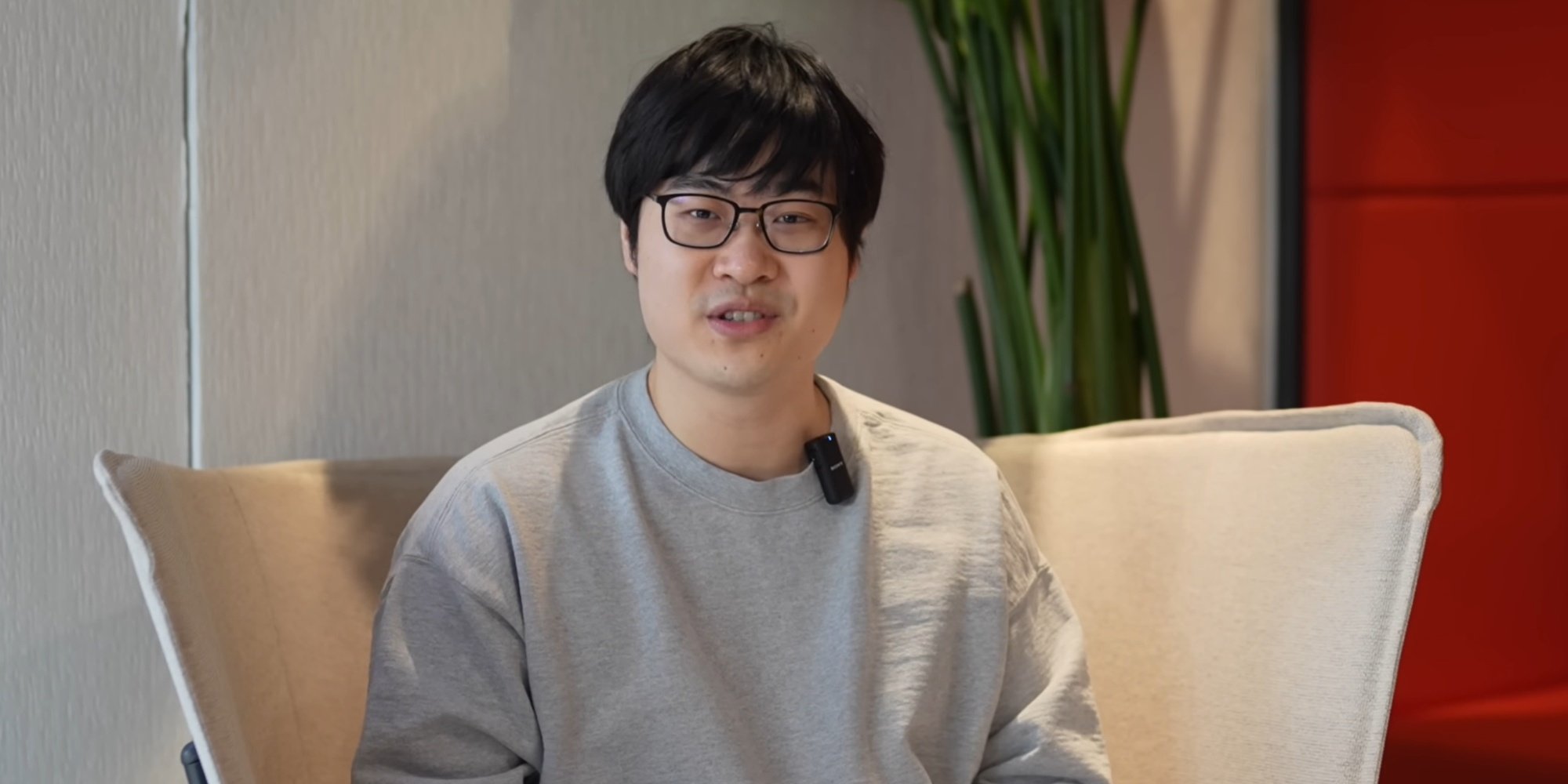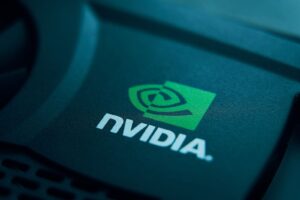China Begins a New Era of Fully Autonomous AI Agents, But Caution is Advised

Following the attention on DeepSeek, China introduces a significant player in the artificial intelligence landscape with Manus AI. This independent agent is set to challenge the benchmarks established by leading American companies. Developed by the Chinese startup Monica, a subsidiary of the Butterfly Effect group, Manus marks an important advancement in AI technology.
Exceptional Autonomy in Consumer AI
Manus AI stands out from platforms like ChatGPT and Gemini, which require ongoing user interaction to operate. Instead, Manus functions autonomously. Utilizing a complex multi-agent design, Manus can assess, plan, and execute intricate tasks devoid of human intervention. This capability includes dealing with aspects that users may not explicitly define. Whether it’s choosing candidates for jobs, evaluating financial markets, or autonomously generating websites, Manus redefines what digital assistants can achieve.
This AI’s operation combines advanced models such as Claude from Anthropic and Qwen from Alibaba, all structured within a Linux-powered cloud infrastructure. Manus breaks down complex assignments into manageable subtasks allocated to various specialized agents, enabling it to carry out actions previously thought only possible through human effort.
A Transformative Impact on Business and Society
The swift rise of Manus, which is still in its beta phase, presents notable economic and social implications. Its ability to manage complex tasks—like candidate selection from a standard CV, comprehensive website development, or investment portfolio assessment—without human support could disrupt entire industries.
For businesses, the potential benefits are tremendous: there could be a significant boost in productivity, a decrease in operational costs, and complete automation of many administrative functions. However, this level of automation raises concerns about job displacement for many workers in intermediate positions.
Challenges for Silicon Valley
The arrival of Manus signals a critical shift in the AI landscape. Silicon Valley, renowned for its innovations in artificial intelligence, is closely monitoring this development with a degree of unease.
Benchmark released by Monica, the startup developing Manus.
While Silicon Valley tends to focus on creating increasingly sophisticated AI systems that still necessitate human oversight, China’s strategy emphasizes radical independence, which could challenge the technological dominance of the West.
Limited Technological Innovation?
Manus could be compared to Cursor in the IDE universe, as it appears to facilitate the orchestration of various large language models (LLMs) using markdown files. There are concerns that this system may misinterpret requests if it operates without close human supervision. Some critics argue that the launch of Manus might reflect boldness from a newcomer rather than a significant step forward in technology compared to established AI leaders.
Ethical and Regulatory Dilemmas
As Manus gains traction, it raises critical ethical and regulatory concerns. Who would bear responsibility in the event of a serious error by a fully autonomous AI? How does one regulate a technology that operates independently of human oversight? These essential questions remain unresolved in both China and the West, even as Manus begins to set new industry standards.
Currently, Manus is only available through invitation, and its early stages have not been without technical challenges. Nevertheless, the prospect of this agent reaching a maturity level that could transform our workplaces remains intriguing.






